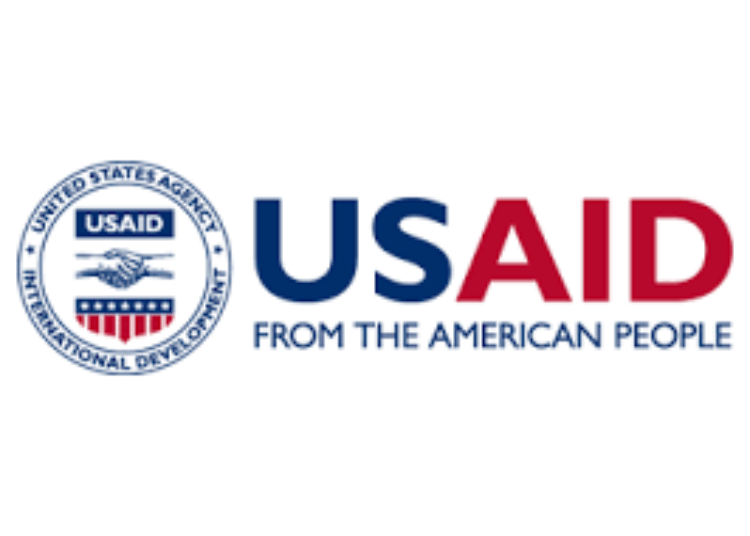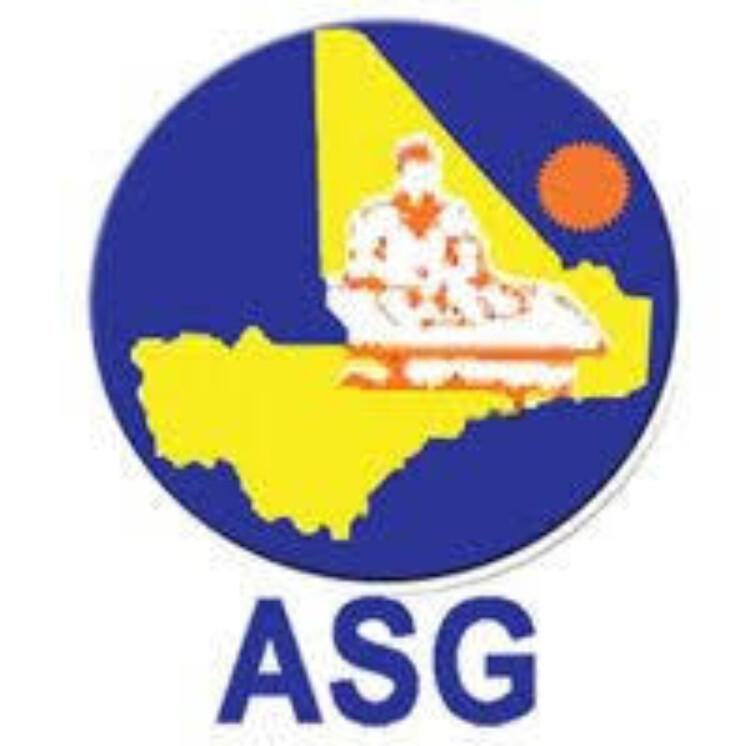Completed project
Support for Food Security and Access to Water for Vulnerable Communities Affected by Conflict – Timbuktu Region
USD$ 6,111,772
USAID / Office of Foreign Disaster Assistance (OFDA)
40,738
families (average 7 people per household)
Association Subaahi Gumo (ASG)
Since 2012, armed conflict in northern Mali has severely undermined food security. Implemented in 272 villages in the Timbuktu region, this humanitarian project aimed to reduce household vulnerability and strengthen resilience. In partnership with the Association Subaahi Gumo, CECI supported agricultural recovery and improved access to water through the distribution of seeds, tools, livestock feed, and water purification kits, while rehabilitating production infrastructures such as irrigation canals and wells. Technical training improved yields, and cash transfers enabled women to restart income-generating activities. The project’s participatory approach fostered social cohesion and collaboration between local authorities and communities, contributing to the sustainable resumption of agricultural production and improved human security.
Agricultural and water recovery
Rebuilding to feed communities after conflict
After years of armed conflict, rural communities in Timbuktu faced an acute food crisis. Without inputs or functioning infrastructure, households struggled to produce enough food. CECI, in partnership with ASG, implemented an integrated approach: revitalizing agricultural production, securing access to water, protecting livestock, and supporting women’s economic initiatives. Active participation from communities and local authorities ensured fair targeting of beneficiaries while promoting social cohesion in a post-conflict environment. The results included higher yields, more daily meals, and reduced child malnutrition.
Results that count
Feeding and protecting communities in recovery
23,083
household heads provided with seeds and tools
6,784
animals fed during the lean season
6,334
people trained in agriculture
132
irrigated plots restored
101
market gardens rehabilitated
20%
increase in cereal production in 2017
2,495
water purification kits distributed
Our partners
Thank you to our financial, consortium and implementation partners, without whom this project would not be possible.

